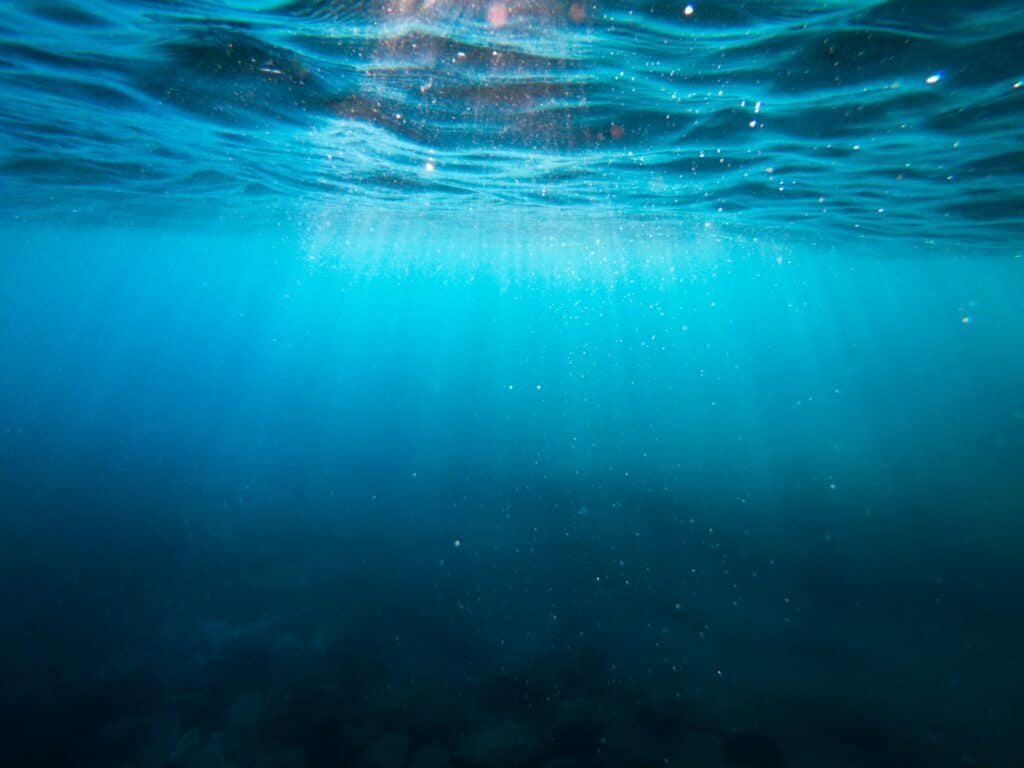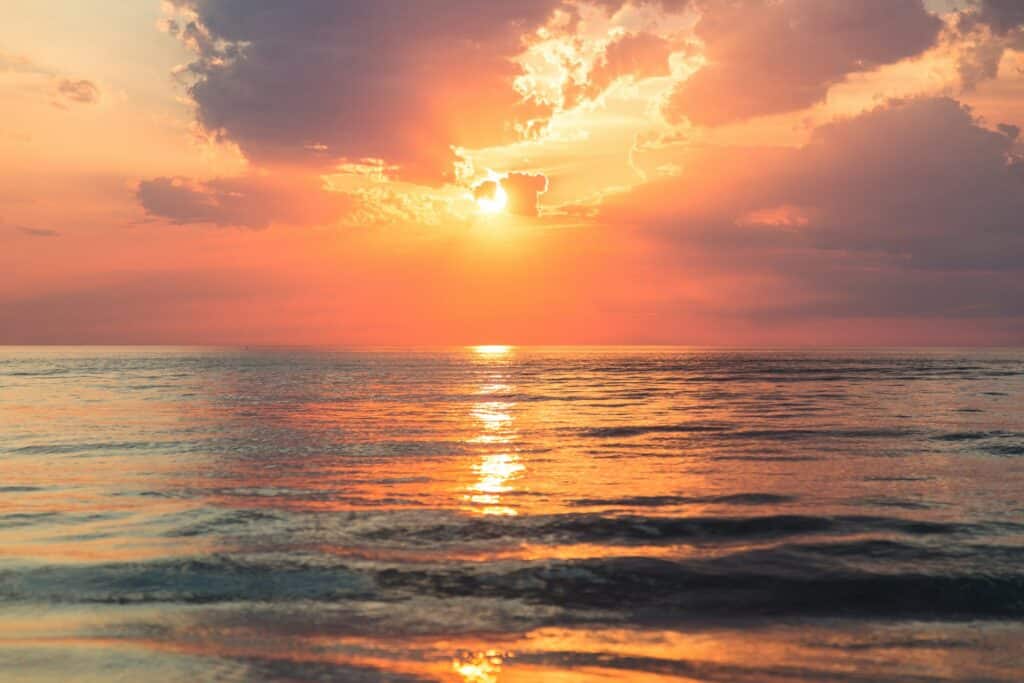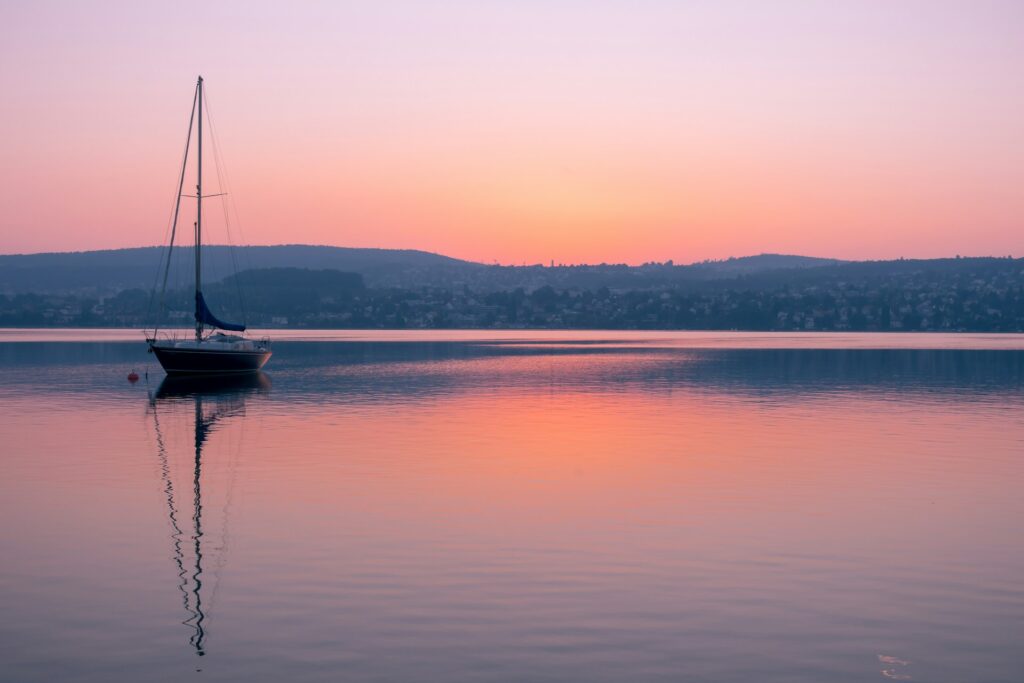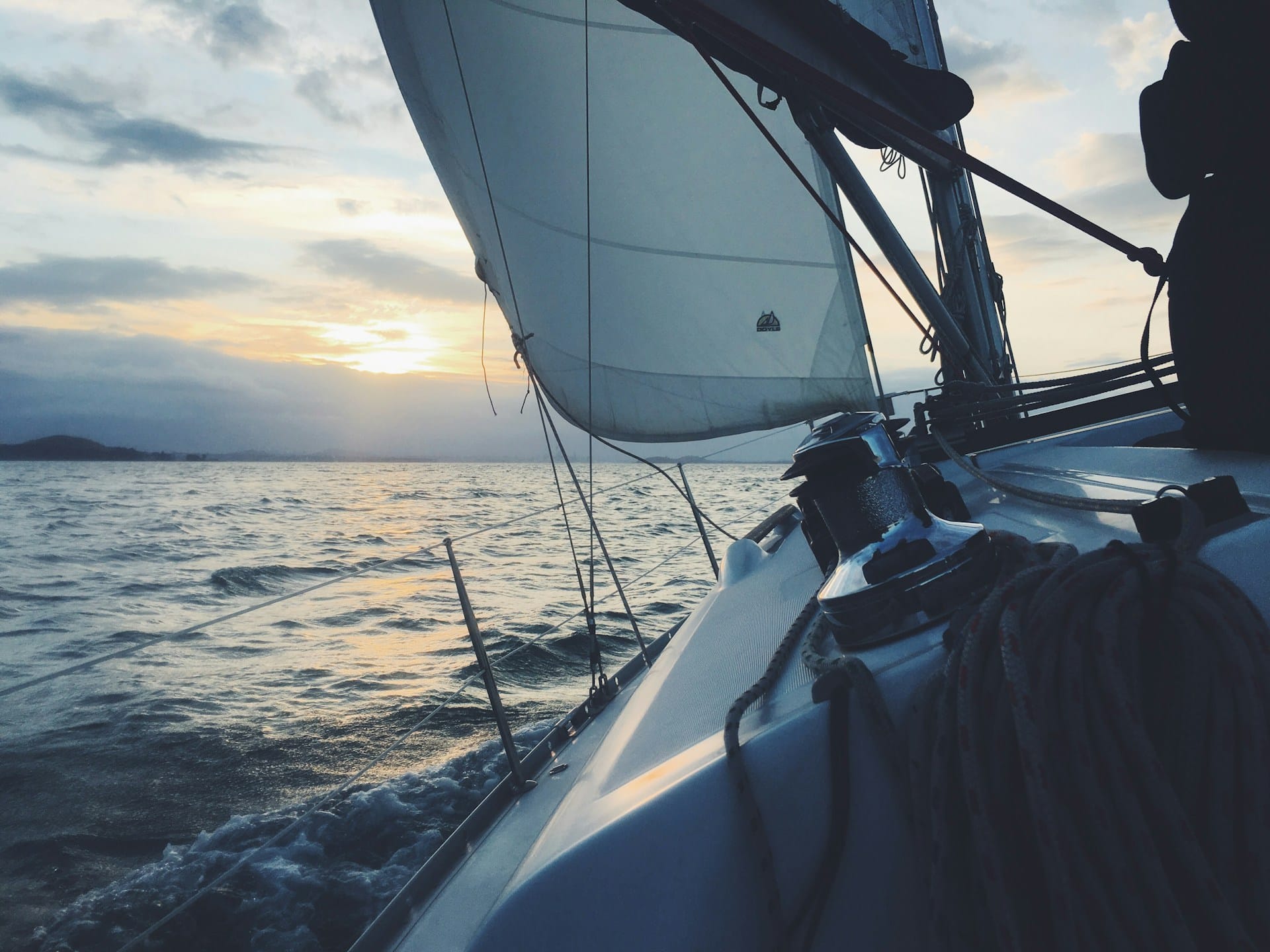I think about sailing a lot.
It started with Moby Dick, a book I began reading in 2003. International travel plans forced an interruption, however, and I never finished it. The book is large, too big to pack, I thought, and so I left it behind.
Though I planned to complete the book upon my return, enough time abroad had passed that the break in continuity and immersion proved frustrating. I resolved to begin the book anew, but this was similarly daunting. As mentioned, the book is large.
Regardless, the opening lines continued to reverberate within me:
Call me Ishmael.
Some years ago- never mind how long precisely- having little or no money in my purse, and nothing particular to interest me on shore, I thought I would sail about a little and see the watery part of the world. It is a way I have of driving off the spleen and regulating the circulation. Whenever I find myself growing grim about the mouth; whenever it is a damp, drizzly November in my soul; whenever I find myself involuntarily pausing before coffin warehouses, and bringing up the rear of every funeral I meet; and especially whenever my hypos get such an upper hand of me, that it requires a strong moral principle to prevent me from deliberately stepping into the street, and methodically knocking people’s hats off- then, I account it high time to get to sea as soon as I can.
Melville
Time at sea is proposed here as a sort of antidote (or at least counterpoint) to the author’s fits of melancholia and the banalities of city life, notions similarly found in my next incomplete read, Two Years Before the Mast by Richard Dana. The book is a memoir of the author’s time as a seaman traveling from Boston to California. Published before Moby Dick, the work is speculated to have influenced Melville who was four years Dana’s junior.
My noncommittal fascination with nautical literature found release in Sea of Poppies, a masterpiece penned by Indian writer Amitav Ghosh that I actually finished. It’s the first book of the Ibis trilogy, which I will unlikely complete, but the point here is neither the works nor my reading habits.
The point is the existence of nautical media and the presence of an eager audience hungry for more. The age of sail has long past, and yet the fascination remains.
It behooves us to ask why.
Themes

There is emphasized among all of these books the irresistible draw of the sea and its profound effect upon men. Interestingly, in my time abroad I took an instructor and mentor who, initially unbeknownst to me, had spent time on commercial fishing boats. He similarly described his time on the water as formative.
The sea makes plain the pitiful realities of the human condition. Vast and powerful, in her presence we are frighteningly aware of our limitations and our reckless dependence upon variables beyond our control. If the infinity of an indifferent night sky inspires contemplation through observation, then the turbulent and expansive brine of a living ocean inspires vigilance through action.
The experiential and developmental benefits of sailing are at the core of Outward Bound’s work, an institution whose work and mission greatly inform our own efforts here at Dust and Tribe. One cannot overstate these benefits, which include creativity, confidence, teamwork, communication, determination, independence, and performance. Twenty years ago as a new father, I promised myself that I would learn to sail with my daughters.
Turns out sailing lessons are expensive.
We were a single-income family and we would have to be patient. We bided our time, learning sea shanties and knot tying. We spent plenty of time along the coast. The girls all took swimming lessons.
But there was a storm brewing, a tempest of biblical proportions that wrecked our home and blew us thousands of miles apart from one another. More expensive than sailing lessons is a high-conflict divorce, and the aftermath left us all bereft and hopelessly landlocked. Years passed and the kids started college. We still sang the occasional shanty, but the dream was dead.
A Kind Wind

My current wife did something very nice for me. In fact, it may be the nicest thing that one person has ever done for another. As a gentle wind balloons a spinnaker, she freshened my sense of faith and hope through her actions. There is no greater kindness.
She got into conversation with my daughters. Between them, they worked out a plan to get us onto a sailboat moored in Lake Tahoe. The winds pick up consistently in the late afternoon meaning that our introductory experience would take us into the sunset.
Our guide was Nick, a windburned sailor from Nova Scotia who began plying the waters there at the age of five. He went out regularly with his grandfather and had his own racing boat by the time he was thirteen. We stood along the lakeshore dock as he motored up in a grey dinghy.
After some brief introductions, we were taken to our sailboat moored a few hundred yards into the lake. She was a Melges 24, a racing keelboat typically crewed by a team of four. This presented the incredible possibility of Nick guiding us as me and three of my daughters independently piloted the craft.
I was too nervous to raise the possibility, and even more scared to think it. It was so far beyond my expectations, bordering on indulgent delusion. Even as I stifled the thought, Nick was calling to my daughter Maryam to lean over the bow and slip the boat from its tether. Moments later, Anisa and I were hoisting the mainsail.
A translucent, poly-material, the sail soon caught the fading light and the rising wind. And just like that, we were underway.
And of His signs is that He sends the winds as bringers of good tidings and to let you taste His mercy and so the ships may sail at His command and so you may seek of His bounty, and perhaps you will be grateful.
Q30:46
The Limits of Language

I can describe a few things for you. We can talk about how Nick taught us to sense the wind, first by positioning our heads to take in the roaring of the wind, first the right ear, then the left. And when you turn your head in such a way that the air is hollering in stereo, you are now facing the direction of its origin.
You can also see the wind in the color of the water. Dark patches ahead tell you that the wind is gusting. Lighter areas and the wind there is easy. A good sailor looks ahead, anticipating adjustments, the manner in which to trim the sails in response to shifting patterns.
I can do my best to impress upon you the vigilance required of the sailor. Bits of yarn attached to the sails flicker this way and that, alerting you as to how well you’ve tuned the boat to the wind. When these “telltales” are streaming straight back, you have maximized the boat’s efficiency. This is accomplished through a trimming of the sails or some adjustment of the tiller, or both. When all is in alignment, the boat feels somehow taut, like a piano string set into motion by sympathetic vibrations. The sailboat resonates with the frequency of the elements.
But the elements are exquisitely dynamic, water and wind and light shifting moment by moment. Listening, watching, and feeling, the sailor moves with the changes in a constant dance of elemental diplomacy. All of this is coordinated between crew members and the moment actually came where Nick relinquished the tiller and confined himself to calling out directions as my daughters and I independently piloted the boat.
And this is where my narrative will fail us.
I cannot share the fullness of that feeling when a dream some two decades in the making, a dream that was dead and buried and suddenly resurrected and realized, comes to sudden and immediate fruition in a manner greater than ever imagined, all while suffused in the pink and purple inferno of a Lake Tahoe sunset.
It can’t be done.
Aftermath
The winds quieted considerably as the sun slipped behind the Sierra peaks. Our final leg back to the mooring was cool and nearly silent with only the occasional lap of the water against the hull. Even the conversation tapered off, almost in deference to the night.
We had moved about the lake, crisscrossing her choppy blue waters without engine or paddle. We simply paid attention to the whispers of creation and directed our boat’s sails to translate those murmurs into locomotion. That’s miraculous.
And there can be no more appropriate response to the witness of a miracle than gratitude.
This post is dedicated very specifically to my wife, Aisha. Your thoughtfulness bears many across the troubled waters of life’s travails. May God bless you and continue to bless us through you.
Leave a comment below for posterity or join us in the D&T Chautaqua Discord to discuss this post with other adventurous spirits from around the world.

Subhanallah, this may be one of my favorite posts. May Allah protect you both and only increase you all in goodness and guidance. The pure feelings you described when that dream came to be, the ones you couldn’t describe, just sound so… indescribable. Beautiful mashallah. I hope to one day fulfill this dream too inshallah.
That opening quote from Moby Dick is hilarious! I love it!!! It’s so real and comically written.
I’m so happy for you all mashallah. Congrats!